Earth
-
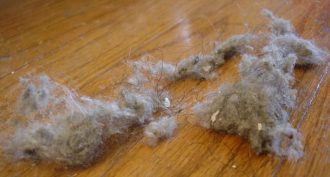 Environment
EnvironmentCan house dust make us fat?
Materials found in dust, including common fats, may trigger human fat cells to grow. This might promote weight gain, some scientists worry.
By Beth Mole -
 Agriculture
AgricultureOrganic food starts to prove its worth
Organic food often comes with a higher price. But research is showing that food grown this way can be better for the environment — and possibly for us.
-
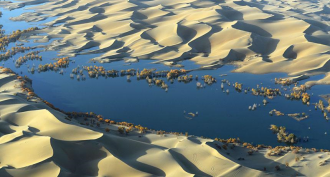 Earth
EarthCarbon ‘sponge’ found beneath desert
Watering farmlands in arid parts of the world could have long-term climate benefits, a new study concludes.
-
 Tech
TechGround-thumping cheers help scientists
Eager to test new sensors before the next ‘big one,’ earthquake scientists make use of a predictable source of ground-shaking: football fans.
-
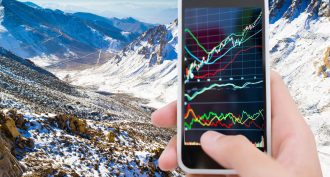 Tech
TechPhoning in earthquakes
Sensors in your internet-connected phone, tablet or personal computer could help detect earthquakes more quickly and reliably.
-
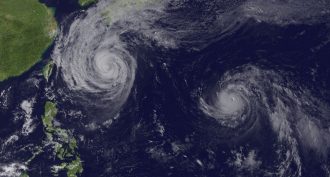 Climate
ClimateNew El Niño coming on strong
The current El Niño event could be a record breaker, changing weather patterns worldwide and bringing rain to drought-parched California.
-
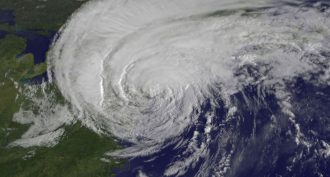 Climate
ClimateScientists Say: Cyclone
These strong storms have different names in different oceans. But all are cyclones.
-
 Chemistry
ChemistryBacteria become source of ‘greener’ blue jeans
Manufacturing indigo to dye blue jeans now relies on harmful chemicals. But researchers have found a less polluting way to produce the blue tint: bacteria.
-
 Brain
BrainTo protect kids, get the lead out!
Lead poisons hundreds of thousands of children. In Chicago, experts show how the toxic metal hurts test performance in school.
-
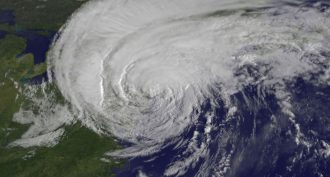 Climate
ClimateScientists Say: Hurricane or typhoon?
Sometimes you read about hurricanes, and sometimes about typhoons. The difference? Location, location, location.
-
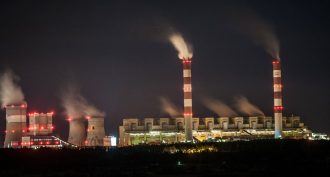 Environment
EnvironmentThe heat that keeps on giving
Burning fossil fuels generates heat and carbon dioxide. That pulse of heat is quickly exceeded by the warmth that carbon dioxide traps in Earth’s atmosphere.
By Beth Geiger -
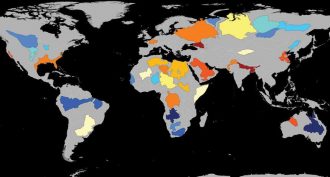 Environment
EnvironmentMany of Earth’s groundwater basins are drying out
A majority of Earth’s largest underground reservoirs of water are being depleted. These aquifers lose more water each year than they gain.